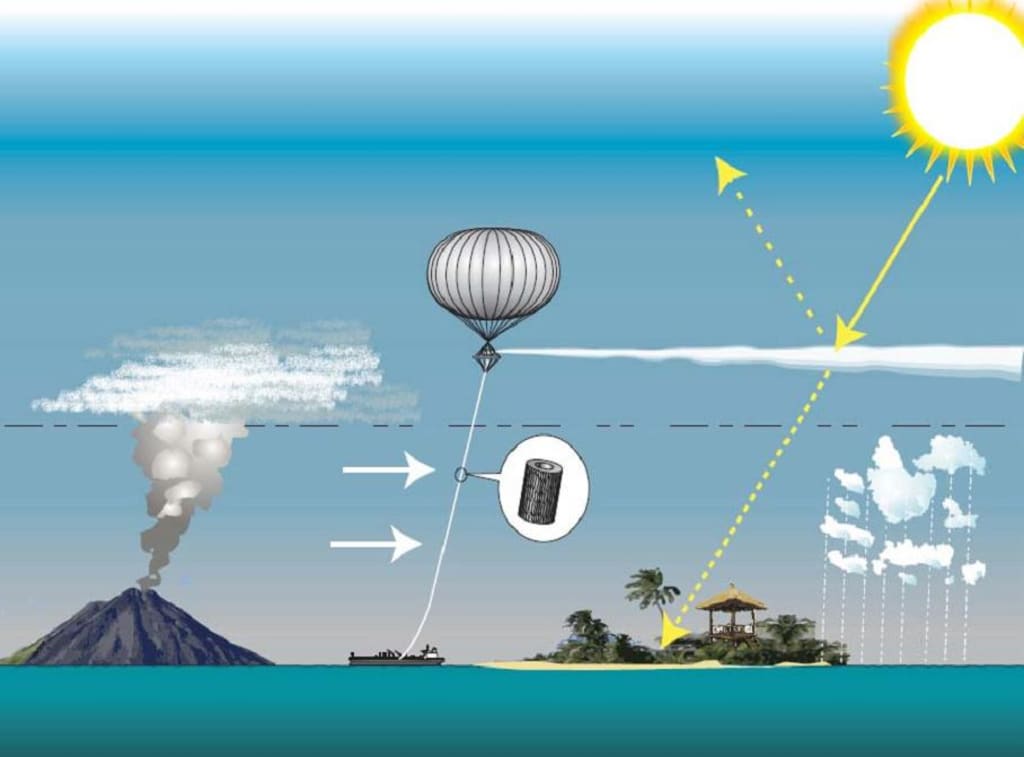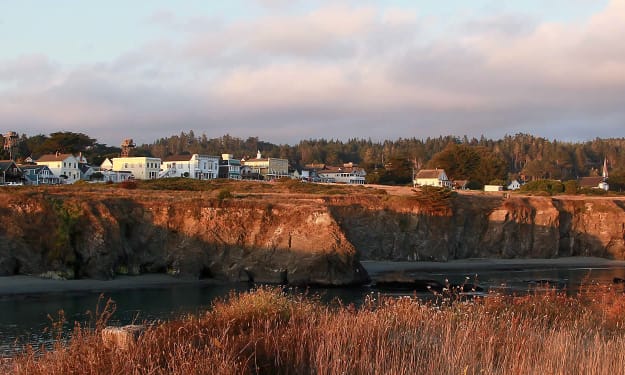Researchers caution against shutting out the sun
Solar-oriented geoengineering isn't an answer

Researchers caution against shutting out the sun.
Hindering the sun's beams to address the environment is too unsafe, said a gathering of around 60 researchers and specialists in an open letter In January 2022.
They maintain that a peaceful accord should stop the testing and deployment of sunlight-based geoengineering advances.
"The international affairs of conceivable one-sided arrangement of sun-based geoengineering would be startling and biased," said the letter.
Solar-oriented geoengineering isn't an answer and may obstruct existing environmental change endeavors, for example moves to decrease fossil fuel byproducts.
"Solar-oriented geoengineering deployment can't be represented worldwide in a fair, comprehensive, and compelling way," said the letter.
The letter calls for sure-fire political activity from legislatures, the United Nations, and different entertainers to forestall the standardization of sunlight-based geoengineering as an environmental strategy choice.
They recommend shutting down all subsidizing, restricting every single open-air test, and denying licenses for social geo-designing innovations.
Increasing yearly temperatures have warmed our planet to the mark of a more severe continuous climate worldwide. Uncommon precipitation in certain areas and parched dry spell conditions where none existed before predict a disheartening future. Accordingly, a few researchers have suggested that the sun's beam could be blocked to stop environmental change.
Last March, for instance, a board of trustees of the US National Academy of Sciences suggested that the US begin a sun-oriented geoengineering research program that would do precisely that.
The SPICE undertaking will examine how delivering little particles into the stratosphere can cool the Earth by blocking sun-oriented beams.
Thus, a few researchers, climate specialists, and lawmakers are examining geoengineering projects for solar-based radiation alteration to cool the Earth's surface warmed by environmental change.
One venture includes sending sulfur particles into the environment, similar to the authentic ejection of Krakatoa or the new Hunga Tonga-Hunga Ha'apai blast did normally. The emission of Mount Pinatubo in 1991 diminished the Earth's mean surface temperature for north of a year.
The sulfur, debris, corrosive sulfuric particles, and water fume delivered by volcanoes course in the climate; they shut out the sun. They compound how much daylight is reflected into space, and a volcanic winter follows.
There is a significant issue with this arrangement. Researchers don't have the foggiest idea of what will occur.
One of the most significant worries is that the sulfur won't remain in the air yet will fall as a corrosive downpour.
The open letter brought up criticisms over the likely results of the arrangement.
In a paper distributed recently by sixteen researchers, specialists highlighted that such activities could disrupt the storm season in South Asia or harm rural creation worldwide, affecting the food supply of millions.
The scientists were worried that such a gigantic geoengineering undertaking could have potentially harmful side effects, similar to dry seasons in specific regions or flooding in others.
Some contend that while environment geoengineering is not a substitute for lessening ozone-harming substance outflows, it may be one method for purchasing society time to make progress away from petroleum products.
The Environmental Defense Fund (EDF has taken this position on geoengineering:
“Based on our best understanding of the current science, EDF believes that:
- Reducing emissions of greenhouse gases as rapidly as possible is essential to addressing the climate challenge facing humanity.
- Deliberate climate interventions such as albedo modification should not be undertaken for the foreseeable future as they present serious ecological, moral and geopolitical concerns.
- Engaging in transparent small-scale field research to further our understanding of the climate system and the implications of any albedo modification proposals is prudent and governance regimes should be established in parallel with the very first experiments.
- Research on development of carbon dioxide removal techniques and their impacts should also be undertaken.”
About the Creator
Jim DeLillo
Jim DeLillo writes about tech, science, and travel. He is also an adventure photographer specializing in transporting imagery and descriptive narrative.






Comments
There are no comments for this story
Be the first to respond and start the conversation.